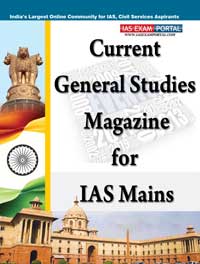
Current General Studies Magazine (July 2016)
General Studies - III "Geography Based Article" (Securing the Indus Treaty)
Pakistan’s move to institute new arbitration proceedings over the Indus waters goes against the spirit of the landmark agreement
Water sharing, transparency and collaboration are the pillars on which the unique Indus Waters Treaty was erected in 1960. Islamabad’s recently unveiled intent to haul India again before an international arbitral tribunal is a testament to how water remains a source of discord for Pakistan despite a treaty that is a colossus among existing water-sharing pacts in the world.
In Asia, the vast majority of the 57 transnational river basins have no water-sharing arrangement or any other cooperative mechanism. India, however, has water-sharing treaties with both the countries located downstream to it, Pakistan and Bangladesh. These treaties govern the subcontinent’s two largest rivers, Indus and Ganges. By contrast, China, despite its unrivalled international status as the source of river flows to more than a dozen countries, stands out for not having a single water-sharing arrangement with any co-riparian state.
Significantly, India’s treaties with Pakistan and Bangladesh are the only pacts in Asia with specific water-sharing formulas on cross-border flows. They also set a new principle in international water law. The 1996 Ganges treaty set a new standard by guaranteeing delivery of specific water quantities in the critical dry season.